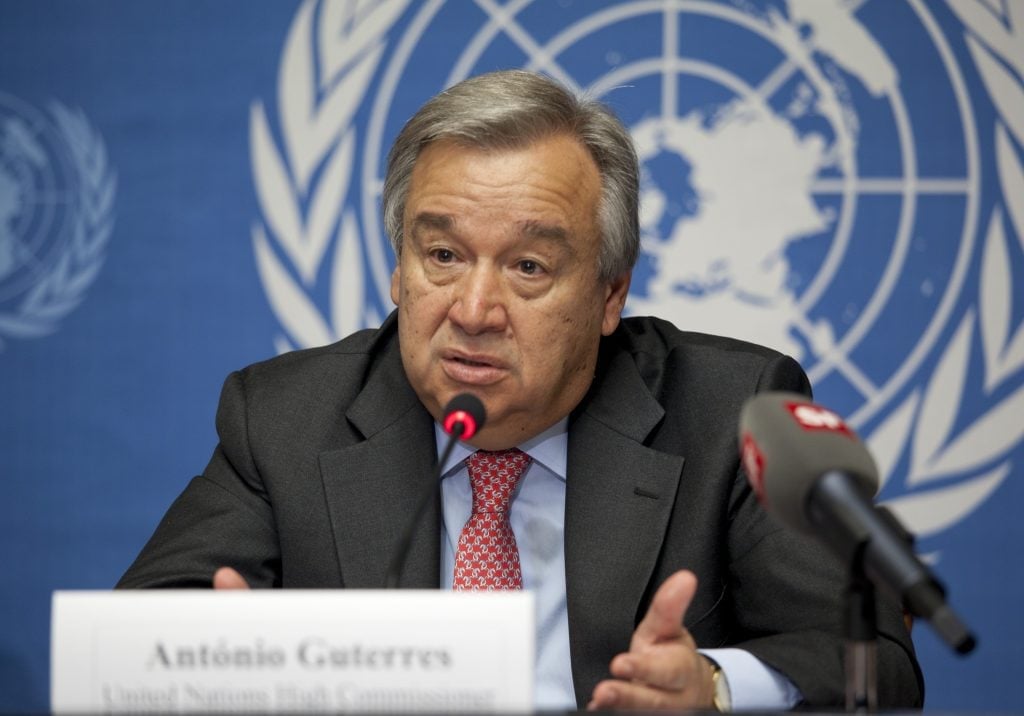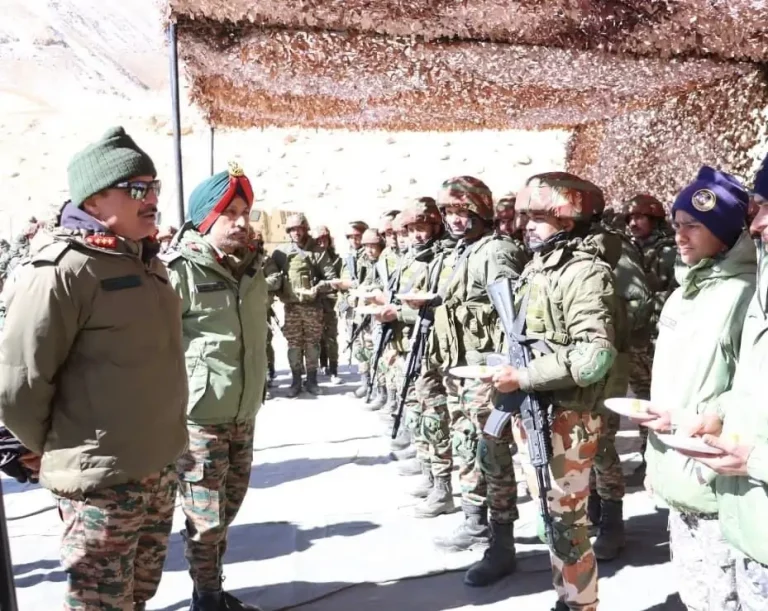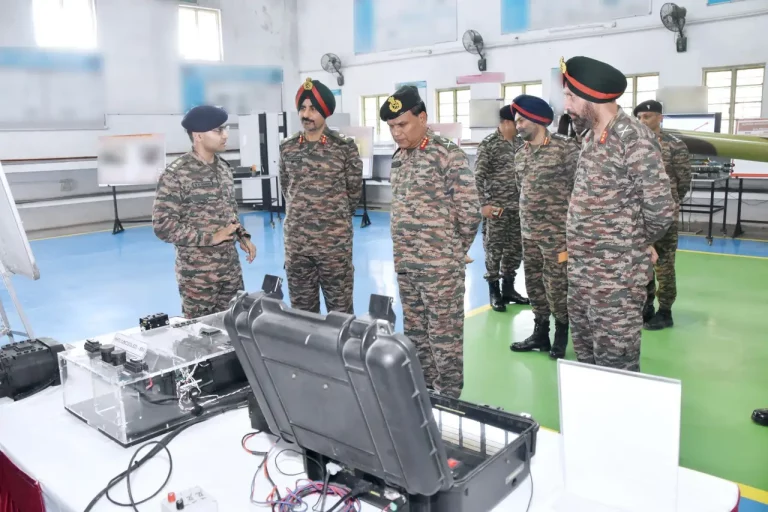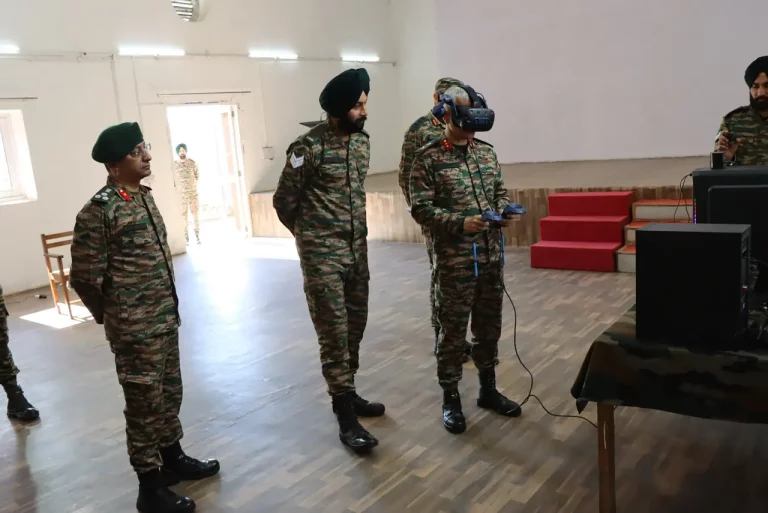United Nations Secretary-General António Guterres has raised alarm over escalating tensions between India and Pakistan, warning that the two nuclear-armed nations may be on the brink of a military confrontation. During a recent United Nations Security Council meeting, he called upon both countries to exhibit utmost restraint and underscored the urgent necessity for dialogue to prevent a conflict that could spiral out of control.
Guterres’ statement comes in the context of a series of provocative actions that have intensified the longstanding mistrust between the rivals. Notably, Pakistan conducted a test of its Abdali ballistic missile on May 3, a surface-to-surface weapon with a range of 450 kilometers. Pakistan characterized this test as a routine operational exercise to assess technological advancements and readiness. However, it unfolded shortly after a devastating terror attack on April 22 in Pahalgam, Jammu and Kashmir, where 26 Hindu tourists lost their lives, an incident that India has attributed to militants based in Pakistan—a claim vehemently denied by Islamabad.
The situation has further escalated with India’s reports of “credible intelligence” indicating a possible imminent strike from Pakistan, raising alarms over potential military retaliation. The longstanding territorial dispute over Kashmir remains a critical flashpoint in this geopolitical rivalry—an unresolved conflict dating back to the countries’ independence in 1947. Both nations have fought three wars, two concerning Kashmir, and increasingly frequent skirmishes along the Line of Control (LoC) have become a disturbing norm.
In sharp contrast to previous tensions, the current crisis has elicited an aggressive response from both sides. Following the Pahalgam incident and the missile test, India and Pakistan have expelled each other’s diplomats, recalled their citizens, and closed mutual airspace. India has also halted mail services and trade with Pakistan, while cross-border firing has escalated to levels not seen since the 2019 Pulwama-Balakot standoff.
With each nation possessing formidable nuclear arsenals—India with an estimated 164 warheads and Pakistan with around 170—the stakes are alarmingly high. While nuclear weapons have yet to be employed in past conflicts, their presence significantly heightens the risk of miscalculation or escalation should tensions continue to rise.
Guterres has reiterated the UN’s willingness to mediate or facilitate dialogue, though it is well-known that both India and Pakistan have historically resisted interventions from third parties in bilateral matters. He appealed to the international community to support de-escalation efforts to avert further deterioration of the situation, cautioning that continued provocations could have catastrophic regional and global implications.
As the situation unfolds, global observers are keeping a close watch, hoping that diplomatic channels will prevail in a conflict characterized by deep-seated animosities and complex historical grievances.







